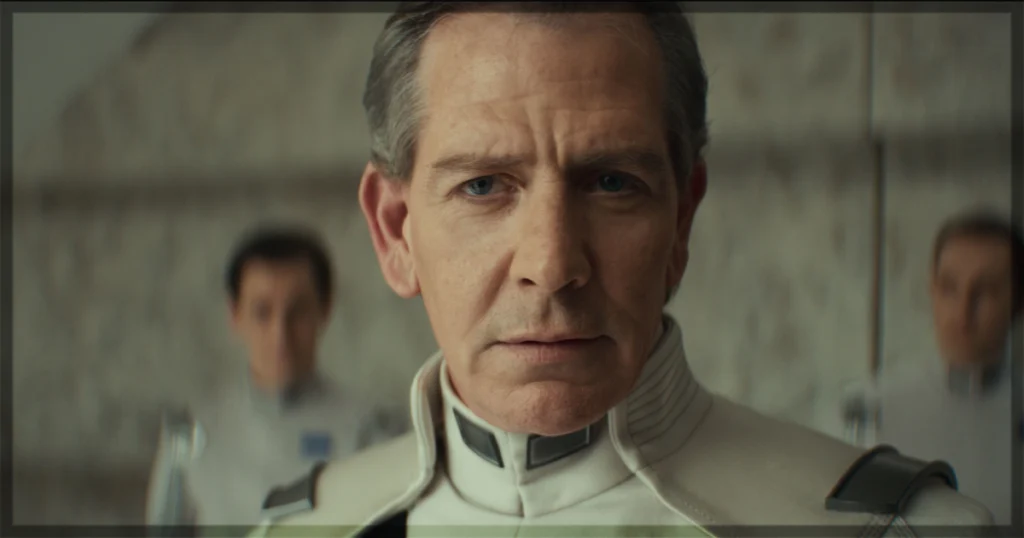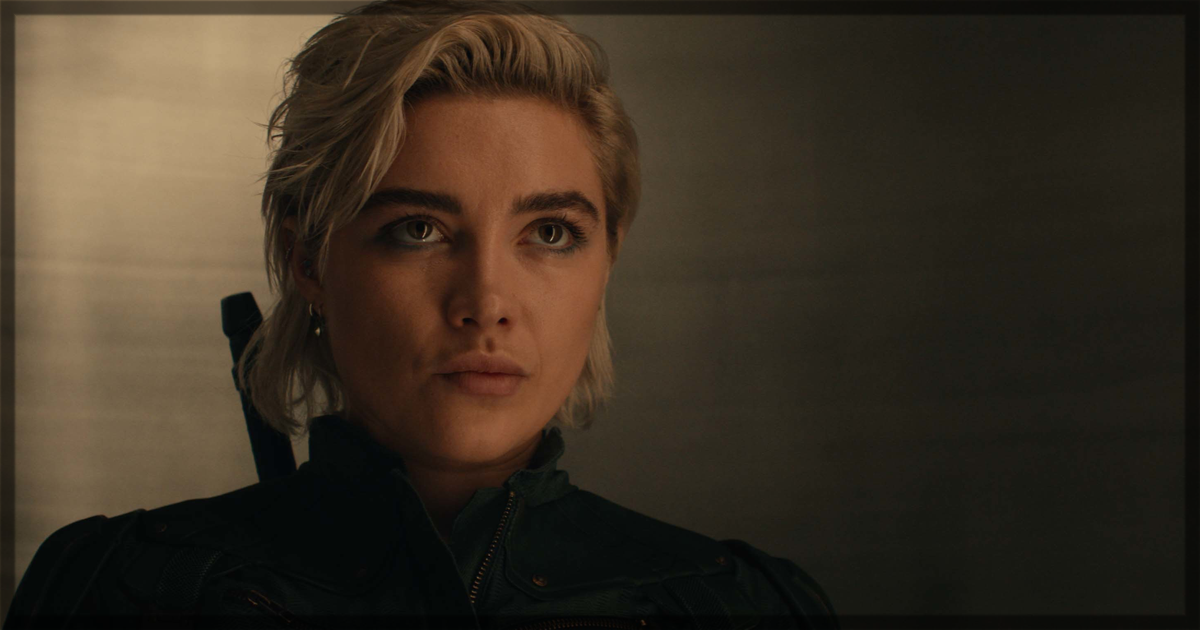Thunderbolts* is the latest chapter in the Marvel Cinematic Universe (MCU), directed by Jake Schreier (Paper Towns) with a screenplay by Eric Pearson (Black Widow) and Joanna Calo (The Bear). At a time when the MCU feels overwhelmed by a seemingly endless ocean of characters, storylines, variants, and multiversal concepts, a film centered on anti-heroes arrives as a much-needed antidote to the post-Avengers: Endgame inconsistency. Personally, I’ve found the Multiverse Saga to be mostly enjoyable – with standout highs like Shang-Chi and the Legend of the Ten Rings, Spider-Man: No Way Home, and Deadpool & Wolverine – but it’s undeniable that the overload of narratives, coupled with the external controversy surrounding Jonathan Majors which forced a drastic course correction, has resulted in a somewhat disappointing fragmentation.
That’s exactly why Thunderbolts* arrives at the perfect moment. This daring foray into anti-hero territory brings together a cast full of talent and charisma: Florence Pugh (We Live in Time), David Harbour (Stranger Things), Wyatt Russell (Overlord), Sebastian Stan (The Apprentice), Olga Kurylenko (Oblivion), Hannah John-Kamen (Ant-Man and the Wasp), and Julia Louis-Dreyfus (Veep) all return to their respective roles – this time with more screen time, internal conflict, and most importantly, depth.
From the moment Thunderbolts* was announced, I saw immense narrative potential – if the movie chose to commit to being anti-formula. I didn’t expect Kevin Feige & co. to actually take that narrative risk, forming a team not through convenient plotting or flashy VFX showcases, but rather by crafting an intimate character study on depression, trauma, and the vital human need for connection to overcome inner turmoil.
While it still features action sequences worthy of praise – arguably some of the most memorable in the MCU in terms of choreography and visual execution since Shang-Chi – Thunderbolts* stands apart due to its intense focus on the lives of its protagonists. Viewers are met with a story built on the foundations of psychological wounds. Each character carries a past marked by morally questionable decisions, regret, and invisible scars. Rather than glossing over or simplifying these elements, Schreier places them at the very center. Through long, emotionally charged, tense, and empathetic conversations, the team members reveal their vulnerabilities, their fears, and their struggles to deal with long-suppressed pain. It’s not about cheap redemption or superficial absolution – it’s about understanding that sometimes, survival itself is a form of heroism.
The script surprises with the maturity with which it tackles sensitive themes like sorrow, isolation, and the desperate search for purpose. Pugh’s Yelena Belova is the emotional core of the film. Since her debut in Black Widow, Pugh has consistently been one of the franchise’s standout performers, but she reaches new heights here. Yelena’s complexity is explored with extraordinary care: a woman at odds with both the world and herself, searching for meaning in the suffering she carries. Pugh delivers a breathtaking performance – controlled yet potent – capable of silencing an entire theater with a single glance.
Alongside her, Harbour shines as Alexei Shostakov / Red Guardian. His comedic instincts are razor-sharp, earning laughs in nearly every scene, but he’s far from just comic relief. On the contrary, the actor shares one of the most touching and vital scenes in the movie with Yelena – a deeply honest conversation about loss, family, fatherhood, and unspoken love. Harbour’s performance is remarkably versatile, balancing humor and sentiment with disarming naturalism.
The rest of the cast is equally inspired. Russell offers a more introspective portrayal of John Walker, while Stan continues Bucky Barnes’ redemptive arc with the same melancholic resonance that has made the character so compelling. Louis-Dreyfus’ Valentina Allegra de Fontaine is no longer just the mysterious puppet master in the shadows – she emerges as a woman scarred by the same pain as the recruits she leads. This revelation adds depth and aligns her authority figure with the film’s introspective tone. Lewis Pullman (Top Gun: Maverick) plays Bob / Sentry / Void, the main antagonist, whose arc is deeply interwoven with the main narrative and other characters. I’ll leave those developments for viewers to discover on the big screen. I’ll just say: the way the script uses each persona to represent emotional states while tying everything into the central theme is absolutely fascinating.
On a technical level, one of Thunderbolts*‘ greatest strengths is its refreshing structure. Unlike typical blockbusters where the climax hinges on explosive battles – usually in the third act – here, it’s the quiet interactions, raw conversations, and exchanged glances that leave the most prominent impact. Schreier even employs long takes, creative angles, and shot compositions that highlight the characters’ loneliness – even when surrounded by allies.
That’s not to say the action is neglected – far from it. The hand-to-hand combat is energetic, tightly choreographed, and shot with a clarity missing from many recent productions. There’s a tangible physicality to the fights and a real sense of stakes, which draws the audience in even further. Son Lux’s score (Everything Everywhere All at Once) also deserves praise for its subtle callbacks to iconic MCU themes and its ability to amplify the characters’ motifs without overshadowing the narrative.
Another noteworthy element is the movie’s treatment of the concept of “team”. The chemistry between the Thunderbolts* members is so strong it becomes nostalgic – reminiscent of the golden days of the Avengers. Their dynamic feels believable, organic, and layered. There’s rivalry, camaraderie, resentment, and mutual respect. It’s clear these characters have been through something together, but despite their differences, they’ve found a strange kind of family in each other.
The overall pacing is also worth highlighting. The balance between action and thematic development is so well measured that the two-hour runtime flies by. At one point, I realized my soda was still full – completely forgotten. In an era where superhero fatigue is an unavoidable topic, finding a counter-argument this gripping is a rare gift.
Even when it comes to the shared universe component, Thunderbolts* surprises with two post-credits scenes – the last one especially important – which accomplish what many recent titles haven’t: delivering a clear, exciting connection to the MCU’s future. Ironically, this is the film’s most formulaic structural element… and that’s one of the highest compliments I can give to one of 2025’s most memorable movies to date.
Final Thoughts on Thunderbolts*
Thunderbolts* is an exceptional superhero movie precisely because it focuses on a deep exploration of human fragility. Prioritizing its broken protagonists’ internal struggles over pure audiovisual spectacle shows a rare maturity in a franchise often criticized for sacrificing substance in favor of generic scale. This bold approach allows the cast to shine – Florence Pugh especially, who firmly establishes herself as one of the MCU’s core pillars. By exploring themes like depression, grief, abandonment, and reconnection with honesty and care, Jake Schreier transforms a blockbuster into a poignant meditation on shared purpose and what it means to live with open wounds. In a landscape flooded with recycled formulas, Marvel has delivered something courageously human – making this Phase Five closing piece not only one of the year’s biggest surprises but also one of the most emotionally resonant entries in the entire cinematic universe.
Rating: A
Thunderbolts* is now playing in theaters.
Learn more about the film, including how to buy tickets, at the official website for the title.
You might also like…


